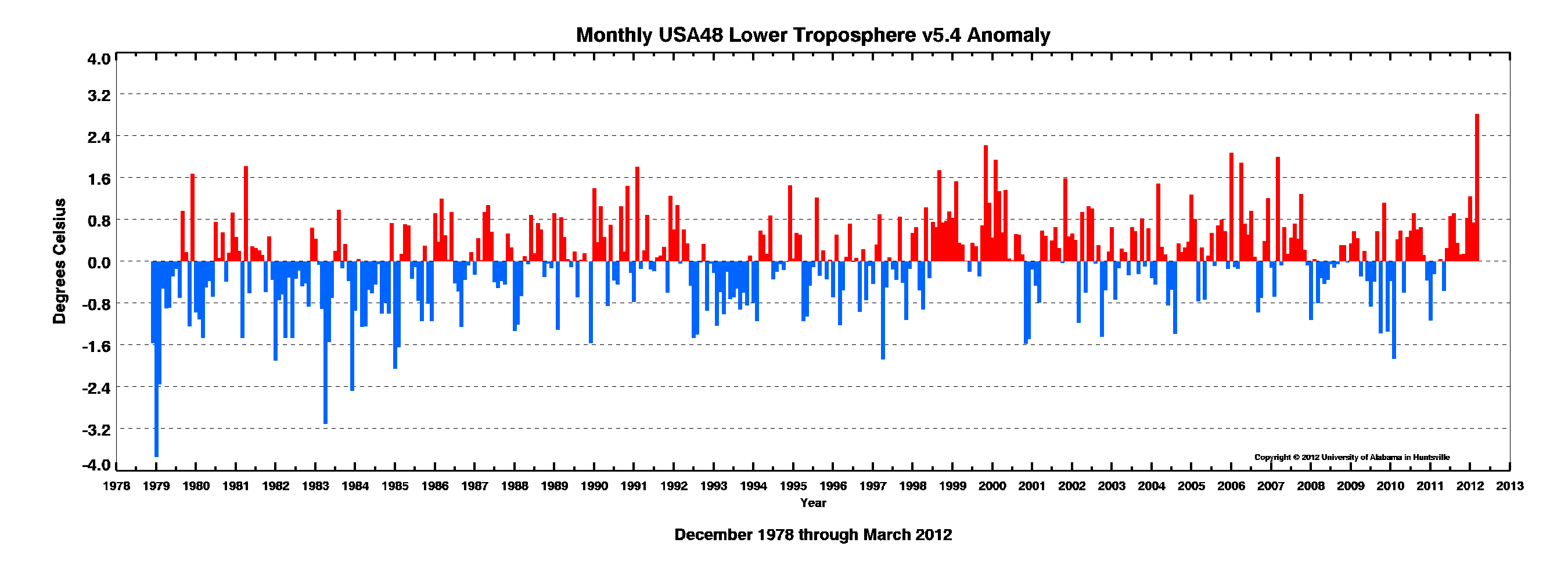Initial indications are that a mid-March period starting about the 13th will be milder than normal, a thaw so to speak.
However, indications are also that this will not last indefinitely. Late March into early April is looking cooler than normal.
Showing posts with label March. Show all posts
Showing posts with label March. Show all posts
Tuesday, March 3, 2015
Monday, February 24, 2014
March temps..
Updated with Accuweather's March temp forecast...
As there doesn't seem to be much in store, snow wise, for our area until early next week. There will be coatings to a few cms Wednesday and Thursday but nothing significant. As indicated in previous posts, the Feb close out will be cold and the beginning of March will be cold. But what does the various parties say about March temps in total?
As there doesn't seem to be much in store, snow wise, for our area until early next week. There will be coatings to a few cms Wednesday and Thursday but nothing significant. As indicated in previous posts, the Feb close out will be cold and the beginning of March will be cold. But what does the various parties say about March temps in total?
 |
| NOAA |
 |
| CFS |
 |
| Accuweather |
 |
| WeatherBell |
Monday, April 9, 2012
Some more perspective on the March heatwave
I have several maps and graphs to show here. The first is the temperature anomoly map of the US for the month of March. After that is a graph of the US monthly temperature anomoly graph. While noting the uniqueness of March, note as well the complete lack of pos/neg trend or increase of extremes. The next map is an overlay of the State of Alaska of the US to show some size perspective. Some notes about Alaska's winter:
- Coldest January on record
- 10th coldest March on record
- Anchorage, Alaska (among other places) had a record amount of snow.
Monday, April 2, 2012
The March Heatwave
NOAA has released their preliminary analysis of the March Heat Wave. They call the event a Black Swan event, that is an event that has an extremely low probability, a very high impact, and only retrospective predictability, ie limited, if any, prospective predictability. Unfortunately, imho, they conclude with a nod to AGW with an ambiguous statement that they estimate that the magnitude of the heat wave was increased 5 to 10% by GHG effects. I've seen similar estimates for the 2011 Texas drought but there is no way to prove or measure that effect. So these estimates is purely based on model outputs, not on observations.
Labels:
AGW,
Climate Change,
Global Warming,
Heat Wave,
March,
NOAA
Subscribe to:
Posts (Atom)




